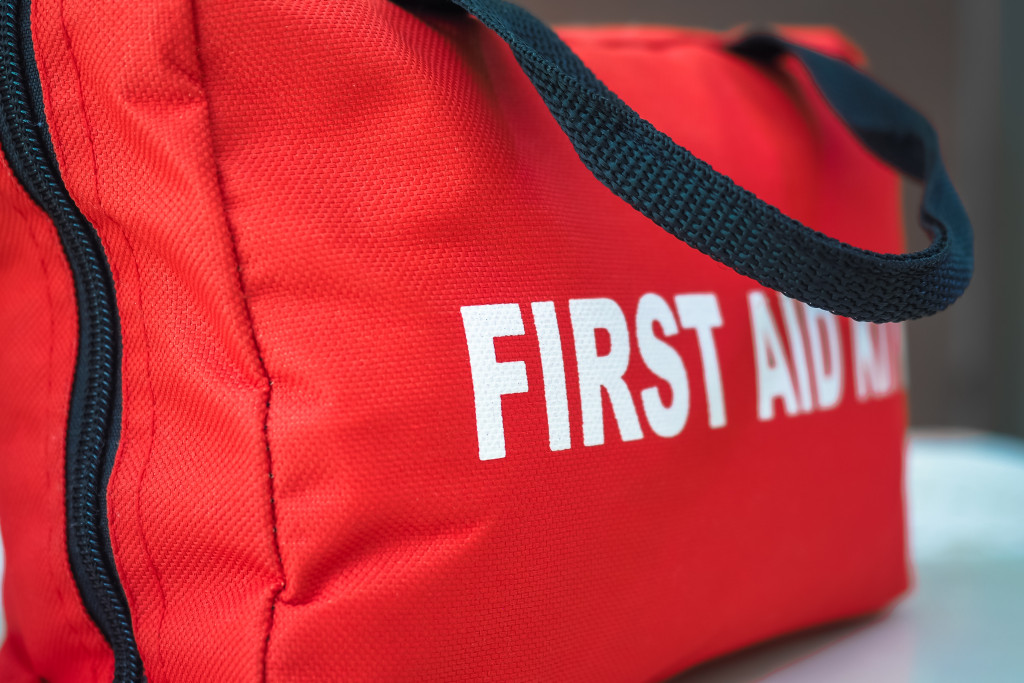- Get plenty of rest the night before to ensure you are alert and focused while driving.
- Check your vehicle to ensure it is in good condition before taking off.
- Come prepared for unexpected situations by keeping towing services, family members, and lawyers on speed dial.
- Pack an emergency kit with essential items such as first aid supplies, blankets, and a flashlight.
- Plan your route ahead of time to avoid potential hazards and plan for rest stops along the way.
A long road trip can be an exciting and memorable adventure, but it’s important to remember that safety should always come first. Whether driving across the country for a vacation or traveling from one state to another to attend a family or work event, being prepared and taking the necessary precautions will help ensure you arrive at your destination without any issues. This blog post will share some tips for ensuring your safety on a long road trip so that you can enjoy your journey to the fullest.
1. Get a Good Night’s Sleep Beforehand
One of the most important things you can do before heading out on a long road trip is to ensure you get plenty of rest. Getting a good night’s sleep before you leave will help ensure you’re alert and focused. Driving while drowsy can be just as dangerous as driving while intoxicated, so it’s crucial to be well-rested before embarking on a long trip. If you’re planning on driving for more than a few hours at a time, plan to take breaks and switch drivers if needed. This will help keep you alert and reduce the chances of an accident.

2. Check Your Vehicle
Before you hit the road, checking your car to ensure it’s roadworthy is vital. If you’re not mechanically inclined, consider taking your vehicle to a mechanic for a pre-trip checkup. This will give you peace of mind knowing that your car is in excellent condition and ready for the long journey ahead. Check the following areas to ensure your safety:
a. Tires
Ensure your tires are properly inflated and in good condition. Some people like to carry a spare tire in case of emergencies. This is especially important if you’re driving a long distance on unfamiliar roads where help might not be readily available.
b. Lights
Check all your lights to ensure they are in good working order. Headlights, brakes, and turn signals are crucial for safety, so don’t forget to check them.
c. Fluids
Ensure all your fluid levels are topped up and in good condition, including engine oil, brake fluid, coolant, and power steering fluid. If any of these are low, top them off or have them checked by a mechanic.
d. Brakes and Suspension
Make sure your brakes are working correctly and your suspension is in good condition. You don’t want to be stuck in the middle of nowhere with faulty brakes or a broken suspension. If you suspect any of these components need repair, have them checked by a professional.
3. Be Prepared for the Unexpected
Even with the best planning, a long road trip can still go wrong. Be prepared for unforeseen circumstances by having a breakdown and towing service on speed dial. Also, keep some cash or an emergency credit card on hand if needed. You should also ensure adequate car insurance coverage in case of car accidents.
If you get involved in an accident, you should also have a list of important contacts to call, such as family members and lawyers nearby. A professional auto injury lawyer can also advise on handling a car accident if you find yourself in one. Talk to a lawyer as soon as possible if you need help understanding the legal side of things.

4. Pack an Emergency Kit
Be sure to pack an emergency kit, including first aid supplies, a flashlight, blankets, water, a cell phone charger, and an extra set of clothes. It’s also a good idea to bring a map in case you lose your GPS signal or run out of battery. If you have any medications, bring them along as well. You never know when you might need these items, so it’s better to be prepared than sorry.
5. Plan Your Route
While taking the most direct route to your destination is tempting, sometimes, the shortest route may not be the safest. Plan your route before your trip and check local weather and traffic conditions to avoid potential hazards. If you’re unfamiliar with the area, consider using a GPS. This will help you stay on track and prevent detours or wrong turns. And make sure you plan for rest stops along the way and never drive more than 8 hours a day.
Following these tips ensures that you and your passengers stay safe and comfortable during your long road trip. Remember, safety should always be your top priority, so take the necessary steps to make sure you’re well-prepared for any situation that might arise. Whether you’re traveling for business or pleasure, a successful and enjoyable road trip is possible with preparation and common sense.

